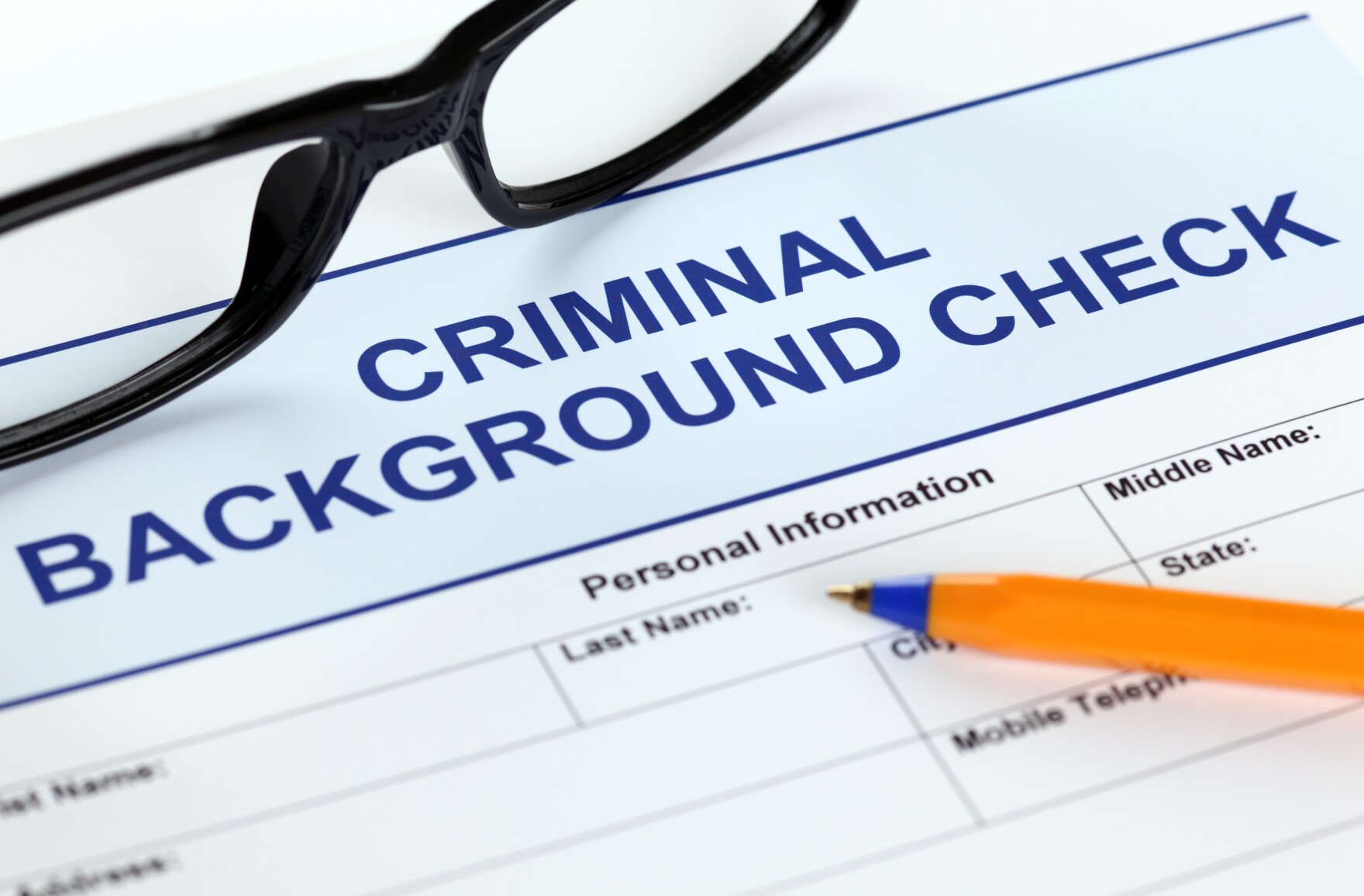As a West Virginia teenager, Amber Miller dropped out of school, took drugs and robbed homes. She wound up on the wrong side of the law and served time for a felony. In a youth correction center, she turned her life around, but after her release, had trouble finding a job to support her two sons.
Like 8% of Americans with felony conviction, Amber had to “check the box” on job applications admitting to her criminal past. The felony on her record was like a ‘scarlet letter’ and most employers were reluctant to hire her. Amber was committed to change, but was society willing to give her a second chance? Trey speaks with Amber and West Virginia politicians about the state’s plans for helping felons get back into the workforce.
